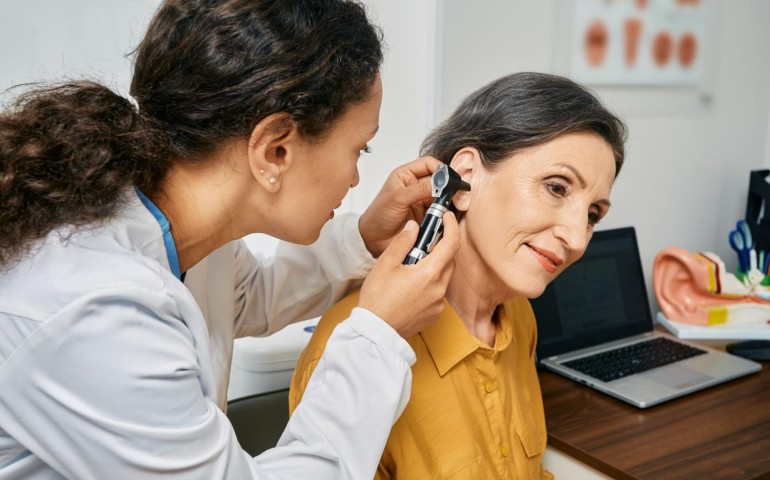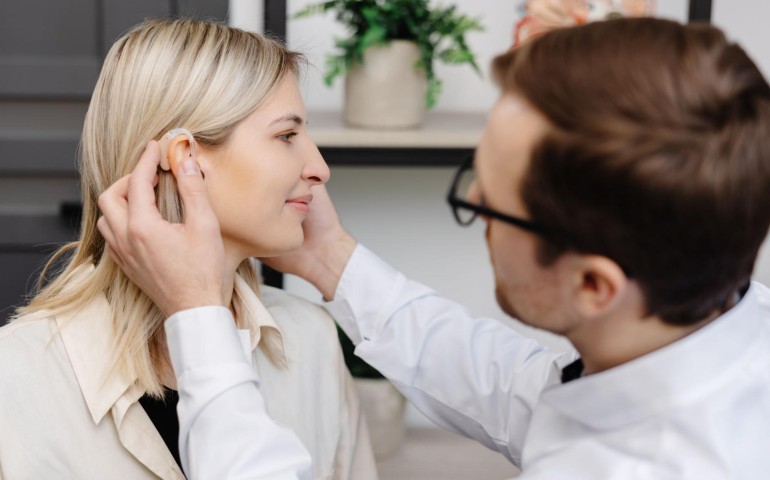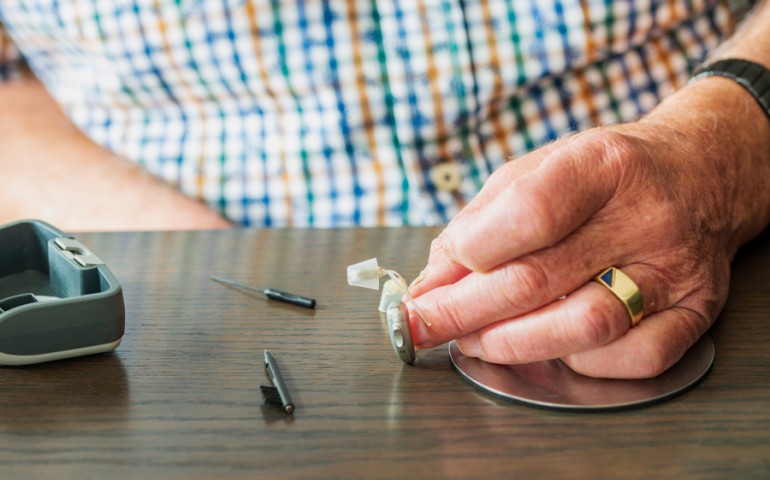Encouraging Youth to Seek Early Hearing Evaluation and Treatment
Hearing is a pivotal sense that facilitates communication and learning. For young individuals, developing hearing problems can have profound effects on their social and academic lives. Despite this, hearing health is often overlooked, with many youth and their parents failing to recognize signs of hearing loss or understand the importance of professional evaluation and treatment.
The Silent Challenge: Understanding Hearing Loss
Hearing loss has various forms, ranging from mild to profound, and can be attributed to multiple factors, including genetics, illness, or certain medications. Its impact extends far beyond simply 'not hearing well.' Children with hearing loss may struggle with speech and language development, leading to delays in communication with their peers and educators.
What Are the Types of Hearing Loss?
There are three leading types of hearing loss: conductive, sensorineural, and mixed. Conductive hearing loss is often caused by blockage or fluid accumulation. On the other hand, sensorineural hearing loss is caused by issues with the auditory nerve or the inner ear and can be either congenital or acquired. Mixed hearing loss consists of both conductive and sensorineural hearing loss.
Impact on Daily Life and Development
Hearing loss on a child's everyday life are considerable. From struggling in classrooms to feeling isolated in social situations, the implications can be lifelong if left unaddressed. It's not just about volume but also about the clarity of the sounds individuals can perceive.
The Power of Proactiveness: Benefits of Early Intervention
Early identification and intervention of hearing issues is crucial. The immediate benefits can be life-altering, from preventing further decline to optimizing academic performance and social interactions. The adage 'the earlier, the better' applies significantly in this context.
Prevention of Further Deterioration
Hearing loss, if progressive, can worsen over time without proper intervention. For young individuals, getting help early can arrest this progression and provide a clearer path for their development. Identifying and treating hearing loss early is like stopping a leak before it becomes a flood.
Improved Academic Performance and Social Interactions
Academic success and social well-being are intricately linked to the ability to hear and communicate effectively. By addressing hearing loss early, children can keep pace with peers in school and not feel socially disadvantaged.
Breaking the Silence: Barriers to Seeking Treatment
Despite the incentives, significant barriers often prevent youth from seeking treatment for hearing issues. Stigma and a lack of available resources can turn a readily solvable problem into a silent hurdle.
Stigma Associated with Hearing Loss
The stigma associated with hearing aids or other assistive devices can significantly deter youths. Misconceptions that hearing loss is an affliction of the elderly or a sign of inferiority need to be dispelled.
Lack of Awareness about Available Resources
Another significant barrier is the need for more awareness about the availability of resources and services for those with hearing loss. Many may simply not know where to turn for help, which means that education and accessibility are key components of reducing these barriers.
Turn the Volume Up: Encouraging Youth to Act
To prevent hearing loss from becoming a permanent setback, we must encourage our young generation to actively participate in their hearing health. This can be achieved through the promotion and support of regular hearing screenings and the provision of resources for treatment.
Promoting Regular Hearing Screenings
Just like regular check-ups with a family doctor, routine hearing screenings should be a part of a youngster's healthcare regimen. Encouraging parents and teachers to include these in the child's yearly check-up routine can significantly increase the chances of catching and treating hearing issues early.
Providing Support and Resources for Treatment
The road to addressing hearing loss is more than just recognizing the problem. It's about making pathways to solutions clear and accessible. By ensuring that support systems and resources are in place, we can empower young individuals to seek treatment without fear or hesitation.
Contact Us Today!
The commitment to proactive hearing health is crucial, especially for the youth. By understanding the types and implications of hearing loss, recognizing its benefits, identifying and dispelling barriers to treatment, and promoting action, we pave the way for a generation of individuals with the clarity to learn, the openness to connect, and the fortitude to succeed. Proactive management of hearing health is not just about the present; it's an investment in a vibrant future. It's time for us to stand up for youth's hearing health and ensure they have all the tools they need to hear the world in all its richness. Contact us at Beltone Skoric Hearing Aid Center for a free hearing evaluation.






